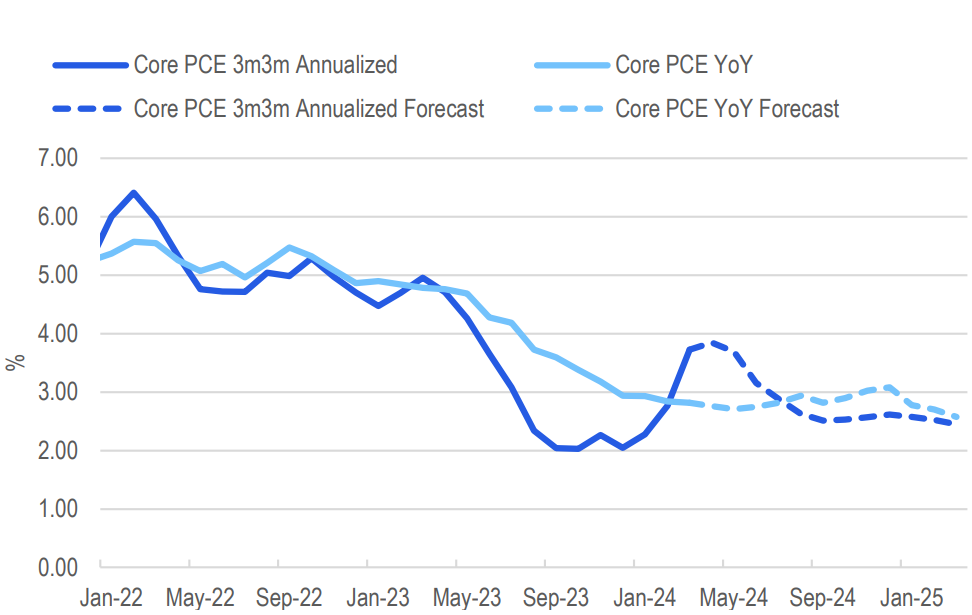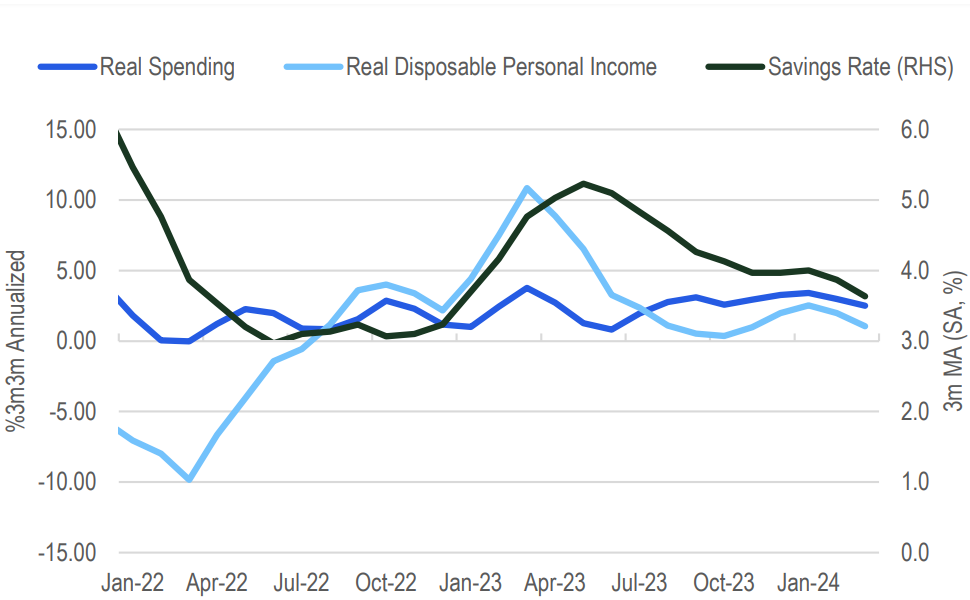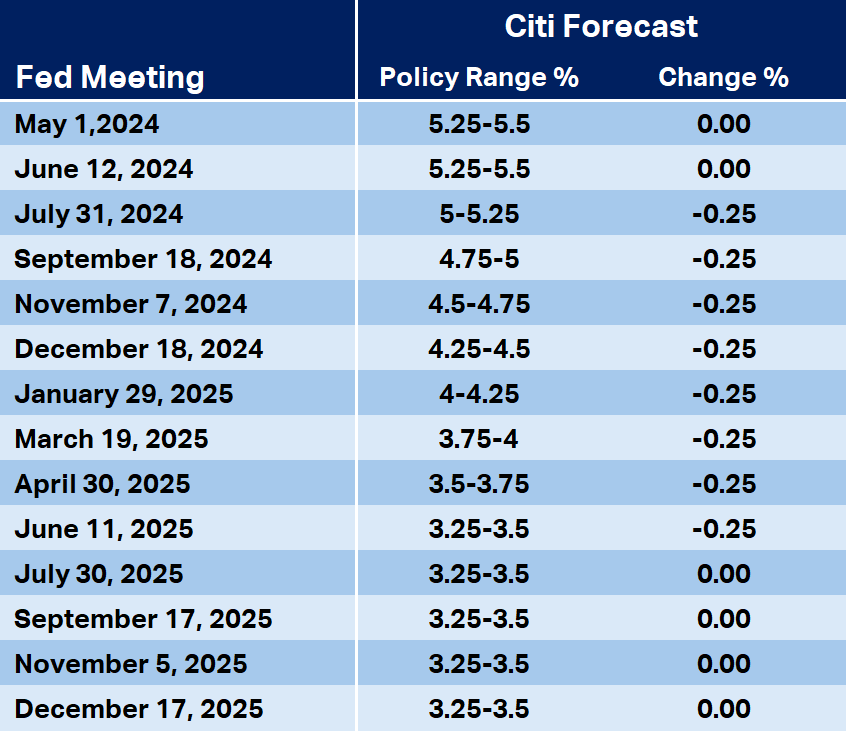The scenario the Fed and RBA fear the most is upon us: Stagflation!
“Too-high inflation is constraining the Fed from delivering pre-emptive rate cuts, raising the probability of recession.” – Citi
Stagflation occurs when an economy experiences naggingly high rates of inflation at the same time as lower than trend economic growth. It’s every central banker’s worst nightmare.
Why? Well, let’s pretend that you’re US Federal Reserve Chairman Jerome Powell. You can see the US economy has a nasty bout of stagflation. Do you:
- Hike interest rates to combat the inflation, (and therefore most likely hurt economic growth further?); or,
- Cut interest rates to boost economic growth, (and therefore most likely create even more inflation?).
You can see the conundrum that stagflation represents. Boy oh boy, what is a central banker to do!?
Welcome to the “hard part” of the economic recovery
Major broker Citi believes that we’ve just arrived at the “hard part” of America’s economic cycle. Instead of achieving the fabled soft landing, that is, increasing interest rates sufficiently to combat post-pandemic inflation while avoiding a recession, we are now at an inflection point where inflation and economic growth may head in the opposite directions to what the Fed wants.
Citi notes what it calls “surprise” inflation prints over the last few weeks. These have rocked the market’s notion that we are in a soft landing scenario, that inflation is under control, and that the next move in interest rates is down. At one point earlier this year, markets had even factored in three interest rate cuts before the end of 2024.

March’s core CPI, March’s core PCE, and a revision higher in January’s PCE mean inflation is running hotter than the Fed had predicted, and this will have a major impact on the magnitude and timing of US rate cuts this year. (CPI = Consumer price index and PCE = Personal consumption expenditures index – both are key measures of inflation).
Citi gauges the current rate of inflation in the US economy at 3.7% annualised in the first quarter of this year, well above the Fed’s 2% target, and still well above the 2.8% p.a. top end of the range at which the Fed is likely to commence interest rate cuts.
At the same time, Citi notes that real Gross Domestic Product (GDP), a measure of how quickly the US economy is expanding, grew at just 1.6% p.a. in the first quarter of 2024, half the long-term trend growth rate of 3.2% p.a. Citi voices several concerns about the current state of the US economy including:
- Spending on medical and financial services accounted for much of the strength in GDP, this “may reflect more issues with measuring prices than actual strength in real spending”
- Goods spending fell in real terms and this is usually a leading indicator for services spending (note, services spending has been the backbone of US GDP growth for the last couple of years)
- Real income growth has slowed, and consumption is being “precariously supported by historically low savings rates”
- The housing market is showing signs of weakness, for example, in single-family housing starts and increased supply amidst rising mortgage rates. This “should translate to soft residential investment" and “may damp price increases” respectively

The cure is worse than the disease
The weakening economy is going to win out in the Fed’s mind over the recent resurgence in inflation, concludes Citi. The Fed will still cut rates this year in an attempt to stave off a recession.
In theory, as the economy weakens, this should have a dampening effect on inflation. The trick (picture Mr Powell in his finest magician’s outfit here) is not cutting too much and too quickly to eliminate this natural disinflationary process, but fast enough to return the Fed’s official cash rate to a level that doesn’t tank the economy. Good luck with that Mr Powell!
Citi tips 100 basis points (i.e., 1%) of rate cuts before the end of the year with the first coming at the Fed’s July meeting. This has been pared back from 125 basis points starting in June due to the recent inflation data.

Citi is expecting 25 basis point cuts at Fed meetings in July, September, November, and December. This will take the Fed’s official cash rate down from the current 5.25%-5.5% to 4.25%-4.5% by the end of the year.
Then, the broker is forecasting a further four 25 basis point cuts in the first four Fed meetings of 2025 and the Fed to pause from then. In theory, according to Citi, the official US interest rate could be 2% lower by around this time next year.
This article first appeared on Market Index on Monday 29 April 2024.
5 topics

